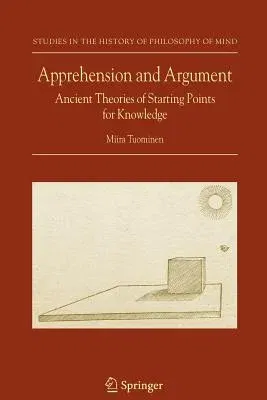If we know something, do we always know it through something else? Does
this mean that the chain of knowledge should continue infinitely? Or,
rather, should we abandon this approach and ask how we acquire
knowledge? Irrespective of the fact that very basic questions concerning
human knowledge have been formulated in various ways in different
historical and philosophical contexts, philosophers have been
surprisingly unanimous concerning the point that structures of knowledge
should not be infinite. In order for there to be knowledge, there must
be at least some primary elements which may be called 'starting points'.
This book offers the first synoptic study of how the primary elements in
knowledge structures were analysed in antiquity from Plato to late
ancient commentaries, the main emphasis being on the
Platonic-Aristotelian tradition. It argues that, in the
Platonic-Aristotelian tradition, the question of starting points was
treated from two distinct points of view: from the first perspective, as
a question of how we acquire basic knowledge; and from the second
perspective, as a question of the premises we may immediately accept in
the line of argumentation. It was assumed that we acquire some general
truths rather naturally and that these function as starting points for
inquiry. In the Hellenistic period, an alternative approach was
endorsed: the very possibility of knowledge became a central issue when
sceptics began demanding that true claims should always be
distinguishable from false ones.


